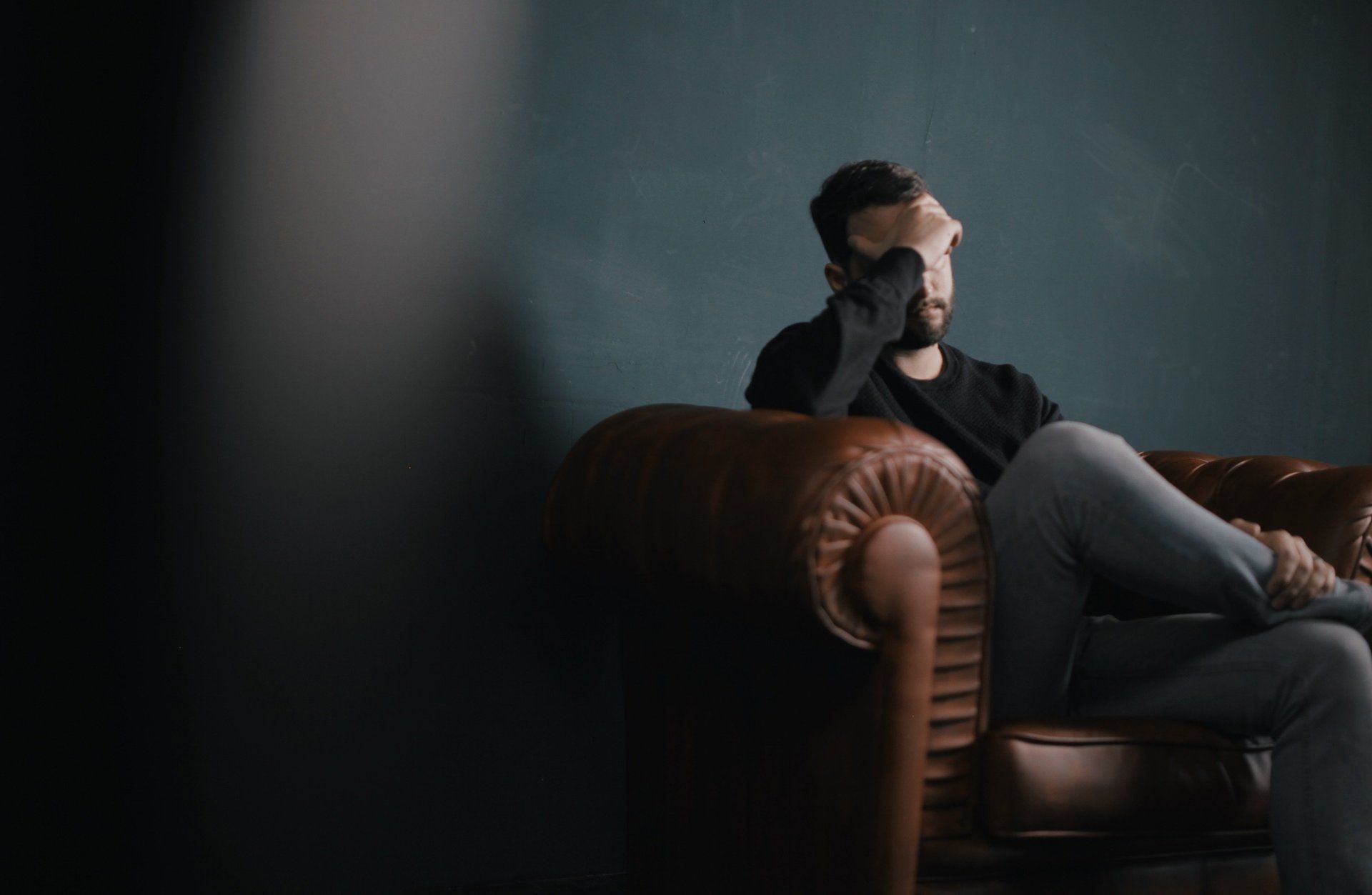8 Ways Firearms Manufacturers can Protect Themselves from Liabilitiy
Lauren Rich, LCSW • Jun 20, 2023
How to Fight the Blame Game
Firearms manufacturers can take several steps to protect themselves and mitigate potential risks. Here are some measures they can consider:
- Compliance with Laws and Regulations: Manufacturers must strictly comply with all applicable laws and regulations governing firearms production, distribution, and sale. They should stay updated on changes in legislation and adjust their practices accordingly to maintain legal compliance. (an obvious number one)
- Implement Quality Control Measures: Manufacturers should have rigorous quality control processes to ensure that firearms meet the required safety standards. This includes regular testing, inspections, and manufacturing process monitoring to identify and address any potential defects or issues.
- Psychoeducation for Employees of Manufacturers: Too often, employees feel distant guilt or responsibility for violent acts they had nothing to do with. Like the loadmaster, the assembly team needs to be encouraged by leadership and reassured that they are not responsible for how the product is utilized.
- Safety Education and Training: Manufacturers can promote responsible firearm ownership by providing safety education and training materials. These resources can help users understand the proper handling, storage, and maintenance of firearms, emphasizing the importance of following safety protocols.
- Collaboration with Law Enforcement: Establishing partnerships and open lines of communication with law enforcement agencies can help manufacturers stay informed about emerging trends, potential threats, and illegal activities involving firearms. Manufacturers can contribute to efforts to curb unlawful gun possession by working closely with law enforcement.
- Advocacy for Mental Health: Firearms manufacturers can support and promote responsible gun ownership through public awareness campaigns, which should include an active role in the mental health community. Why? The manufacturer is not able to stop purchases. They can only educate the mental health community on the pros and cons of firearms. Those with chronic mental illnesses may not be at risk for suicide or violence but for exploitation, sexual assault, and other vulnerabilities.
- Engage in Research and Development: Manufacturers can invest in research and development to improve firearm safety features and technologies. This can include advancements in biometric locks, trigger mechanisms, and other safety innovations that can help prevent unauthorized access and enhance overall firearm safety.
- Collaboration with Industry Associations: Manufacturers can join industry associations and trade organizations that advocate for the responsible manufacture and distribution of firearms. These associations provide a platform for sharing best practices, staying informed about industry trends, and collectively addressing challenges faced by the firearms manufacturing sector.

It’s not news to anyone in the field of law that being a practicing attorney comes with a cost. The end of the year means closing out files, invoicing, beginning taxes, and celebrating holidays with loved ones. Ironically, the holidays are one of the busiest times in mental health, which is surprising considering the amount of travel, shopping, and family gatherings. With the snow storm of demands many well-educated professionals look to alcohol or prescription medications for answers.




